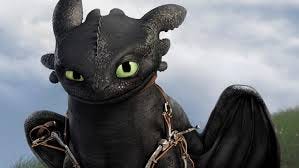CRAFT is a reader-supported email newsletter about the nuts and bolts of fiction writing and the world of publishing.
Recently, in the unbridled soup that is my subconscious, a few ideas about men were floating around: those recent articles about how men aren’t reading as much fiction as women, the Netflix TV show Adolescence about the dangers of online …


